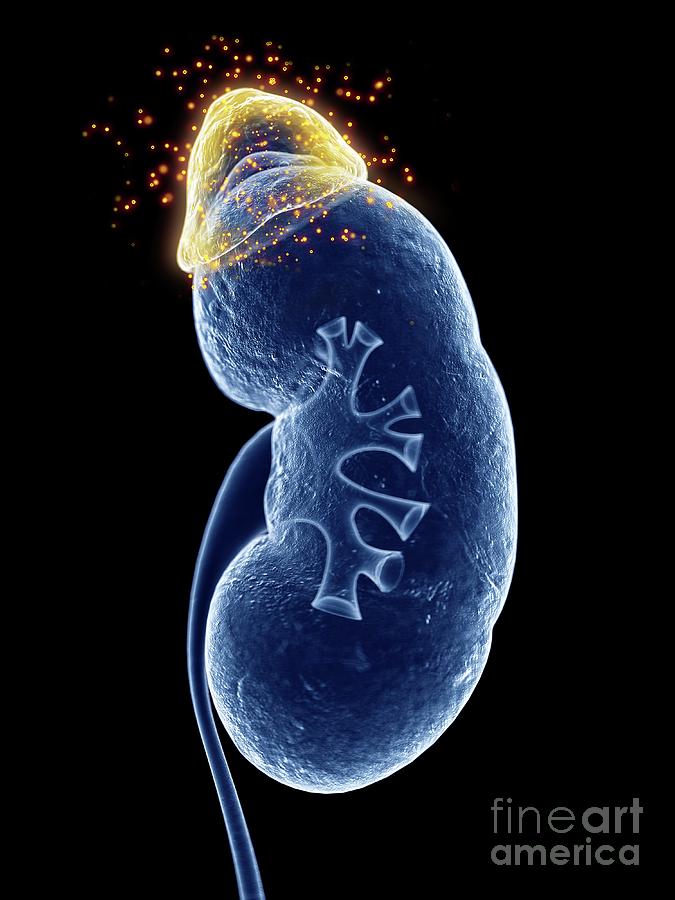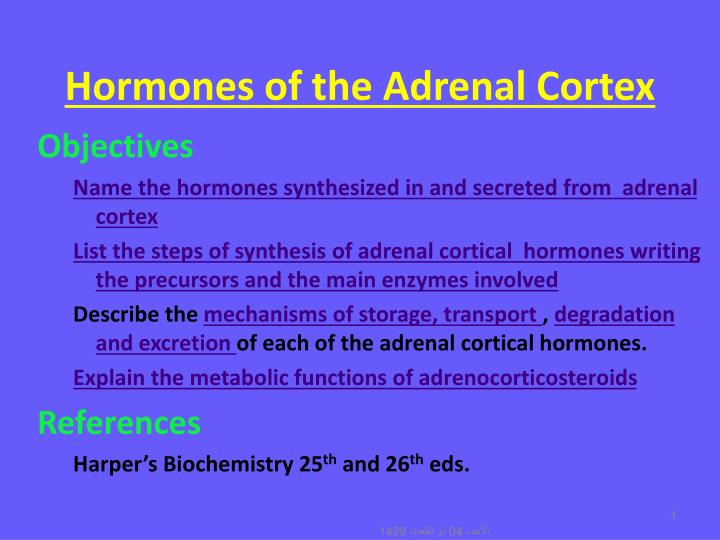


Despite its small size, the pituitary is often called the "master gland." The hormones it makes control many other endocrine glands.

Pituitary: The pituitary (puh-TOO-uh-ter-ee) gland is at the base of the brain, and is no bigger than a pea. This information influences the hormones that the pituitary makes and releases. The hypothalamus gathers information sensed by the brain (such as the surrounding temperature, light exposure, and feelings) and sends it to the pituitary. Nerve cells in the hypothalamus make chemicals that control the release of hormones secreted from the pituitary gland. It links the endocrine system and nervous system. Hypothalamus: The hypothalamus (hi-po-THAL-uh-mus) is in the lower central part of the brain. That's because it secretes hormones into the bloodstream, and makes and secretes enzymes into the digestive tract. The pancreas is part of the endocrine system and the digestive system. While many parts of the body make hormones, the major glands that make up the endocrine system are the: What Are the Parts of the Endocrine System? Medicines can treat many of these problems. Too much or too little of any hormone can harm the body. Many things affect hormone levels, such as stress, infection, and changes in the balance of fluid and minerals in blood. This can depend on levels of hormones already in the blood, or on levels of other substances in the blood, like calcium.

The endocrine (EN-duh-krin) system influences almost every cell, organ, and function of our bodies. They carry information and instructions from one set of cells to another. Hormones are the body's chemical messengers. The endocrine system is made up of glands that make hormones.


 0 kommentar(er)
0 kommentar(er)
